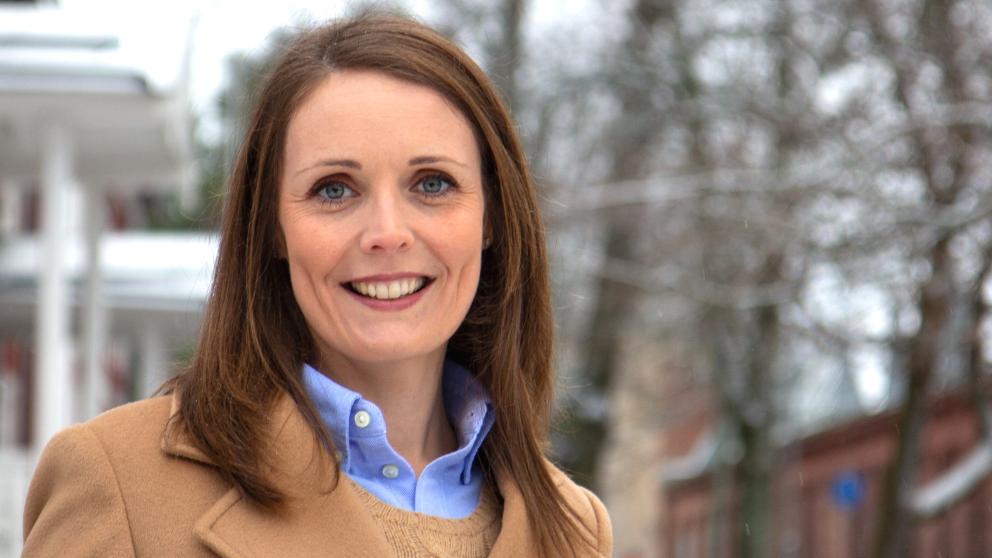Dissertation: Companies should invest in their human capital to remain competitive in a dynamic environment

To reach this goal, Polo’s doctoral study proposes three strategies to develop higher-level and unique human capital, closely aligned with the strategic needs of the organization: identifying the right set of skills, developing a training culture to update competencies and involving employees in the decisions concerning their work.
– Investing in Human Capital is essential to respond to changes in the business environment, says Polo.
Identifying the right set of skills to support the new business needs
With rapidly changing business needs, organizations need employees who are not only highly skilled but also adaptable, and ready to learn fast and develop professionally.
This research designs and implements a competency model that helps managers to translate the business strategy into future knowledge, skills and abilities that the “employee of tomorrow” and the “manager of tomorrow” should have to perform well in the organization.
The results show that there will be a need for technical professionals in the digital and energy field as well as for more adaptable and communicational people, who are able to create new business occasions and bring innovation into the organization.
The manager will not be the main technical expert, but she/he will have the ability to coach and lead the team, and therefore promoting a good working climate.
Promoting a training culture that enables employees to update competencies
Organizations need to develop a training culture that favours the process of change and the development of new competencies to fit the business objectives.
This study shows that investing in training and learning activities is essential to facilitate the alignment between individual competencies and strategic goals. This, in turn, generates valuable and unique human capital to face the change in a unique way, difficult for competitors to imitate.
The results show that within the same organization there might be different perceptions about training, according to the department, unit, role, of the respondents. Organizations, where management and employees share a similar training culture, will adapt easily to change.
Involving people in work related decisions
In the context of organizational transformation, employees’ unreadiness to change can translate into work-related risk factors, which hamper job satisfaction and performance.
Polo analysed a participatory ergonomic intervention during the redesign of the production line in a multinational company. Her research provides clear evidence to management that implementing participatory approaches, based on the inclusion of employees in decisions, increases their job satisfaction and sense of usefulness as well as their productivity.
The articles included in the dissertation have all been designed to bring practical insights to the organizations involved in the study. The research represents a collection of specific cases in which the author, together with the companies and public sector organizations involved, tried to shed light on how HR practices can be implemented to enhance human capital. Managers and executives have been directly involved in the implementation of the HR practices, data collection, and discussion of results.
Doctoral dissertation
Federica Polo (2020) Valorizing Human Capital for dynamic organizations through the triad of training-competency models-participation. Acta Wasaensia 455. Doctoral Dissertation. Vaasan yliopisto. University of Vaasa.
Pdf of the publication: http://urn.fi/URN:ISBN:978-952-476-938-9
Public defence
The public examination of M.Sc. Federica Polo’s doctoral dissertation “Valorizing Human Capital for dynamic organizations through the triad of training-competency models-participation” will be held on Wednesday 13 January 2021 at 12.
The event will be organised online: https://utu.zoom.us/j/63535073720
Meeting ID: 635 3507 3720
The field of dissertation is Industrial Management. Professor Jorge Filipe da Silva Gomez (Lisbon School of Economics and Management) will act as an opponent and Professor Jussi Kantola as custos. The examination will be held in English.
More information
Federica Polo, tel. + 358 406236551, e-mail: fpolo(at)uwasa.fi.
Federica Polo was born in Italy in 1988. She has a Master’s Degree in Sociology from University of Trieste (Italy) and a postgraduate Master in HRD from the University of Padova (Italy). Federica previously worked as lecturer and project coordinator at the University of Trieste (Italy). She is currently EU Affairs Manager at Merinova Technology Center in Vaasa.